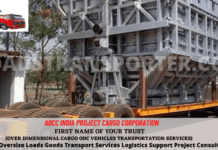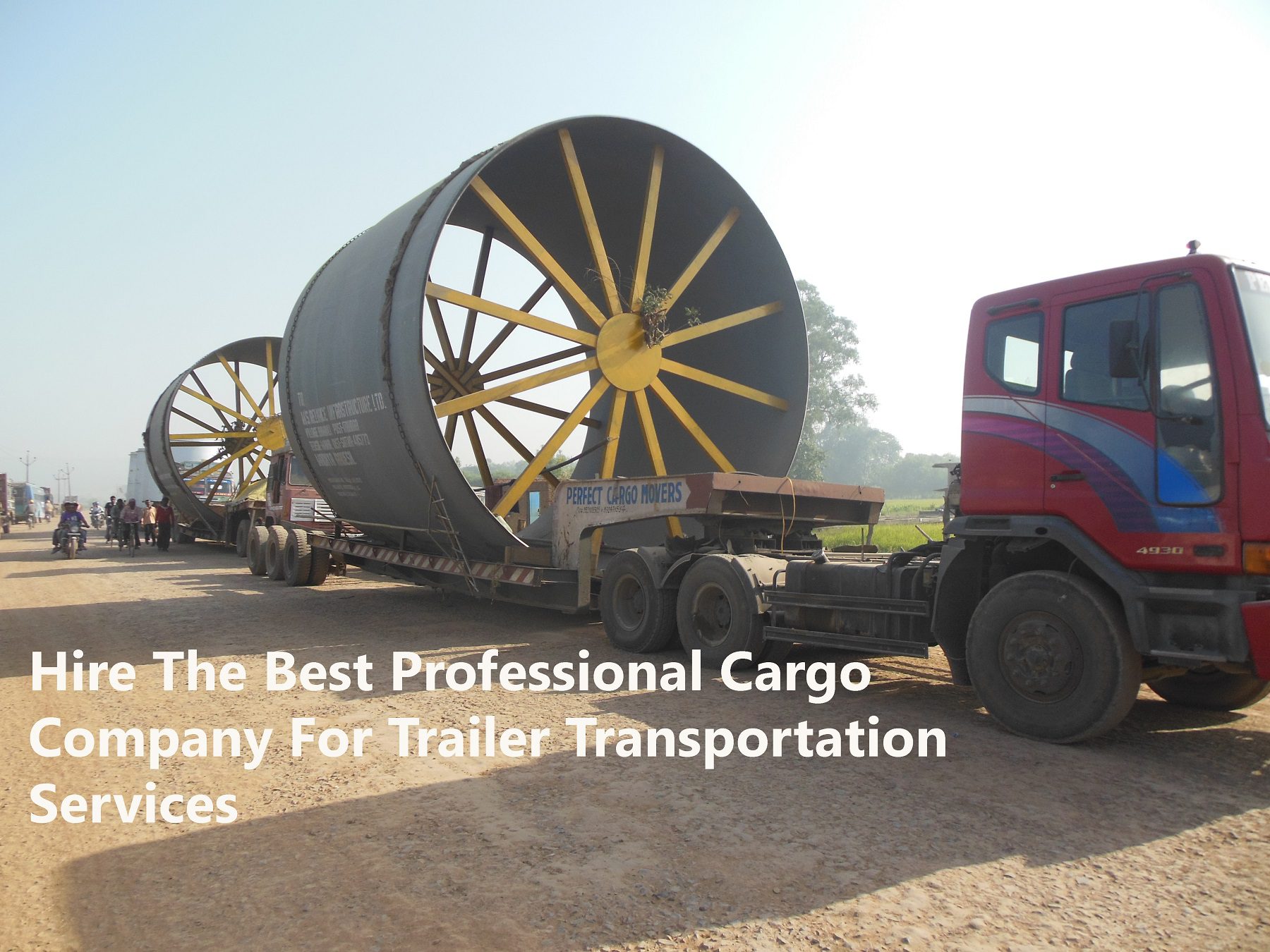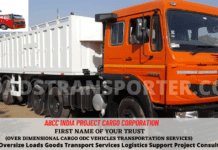What is cargo in transportation industry ? (Meaning)
Cargo transport is the type of transport in charge of moving goods and merchandise from one place of origin to another destination. They reach their destination in good condition and within a specified period of time.
Characteristics of cargo transportation
Freight transport differs from other forms of transport, such as passenger transport, because it carries goods, general bulky or numerous.
For this reason, it requires large spaces (such as vaults or containers) and not comfortable or aesthetic facilities (as occurs with passenger transport). In this way, raw materials, vehicles, tools, machinery parts, chemical compounds, or even consumer products are often transported.
Types of cargo transportation
Shipping
As its name suggests, it is carried out using maritime vehicles, that is, sailing through the sea: cargo ships and other similar vessels.
Road transport
It refers to the employ of land means of transport such as trucks and wheeled transporters. They can go from one point to another in a country or region as long as there are passable roads. These trucks can be unit, trailer, or tractor.
Rail transport
In this case, it refers to transport by the various types of existing train, that is, land transport that does not involve roads but for tracks. Trains can reach high speeds and travel long distances, as long as there are railways laid out at their destination.
Air transportation
As its name indicates, in this case, air vehicles are used. In this case, the amount of transportable material, however, is noticeably less than in the rest of the previous types.
Advantages of cargo transportation
The advantages of cargo transport have to do with moving large loads of goods over long distances. It is a much more efficient, economical, and direct service than using small vehicles on numerous trips.
Before hiring a national or international cargo transport service, it is imperative to consider various factors to achieve the best service experience.
The cargo transportation business can be considered one of the most delicate. It understands the value of the merchandise, the distances that are generally traveled. This type of service entails characteristics and particular needs that not every company can solve.
For customers, choosing a bad freight forwarding service can have negative consequences at different scales. To avoid these scenarios, companies must make constant evaluations that facilitate the process and the offer given to the client.
In this sense, below are some of those that we consider essential elements of any transport company. The determining factors to consider when deciding on the choice of one of them.
The capacity of the Goods Carrier vehicles
According to a series of important factors, the vehicles to be arranged must have the technical capabilities to meet the needs. Those in charge of the company must offer recommendations.
The type of vehicle
Vehicles with a refrigeration system, security options to avoid excessive mobility, protection from sunlight, handling toxins, and other aspects are just some special acquisitions. It must be managed within a freight transport company. Therefore, having a professional service would represent precisely having vehicle options, packaging solutions, and others that lead to safe transportation.
Technological and ecological factors
Do the vehicles have a public GPS and tracking service? Are they low- emission vehicles? Is communication with vehicles and the possibility of monitoring the status of the content feasible?
Each day, these are factors that take more positioning in the market, understanding that a company interested in its audience is concerned about being at the forefront of the market.












